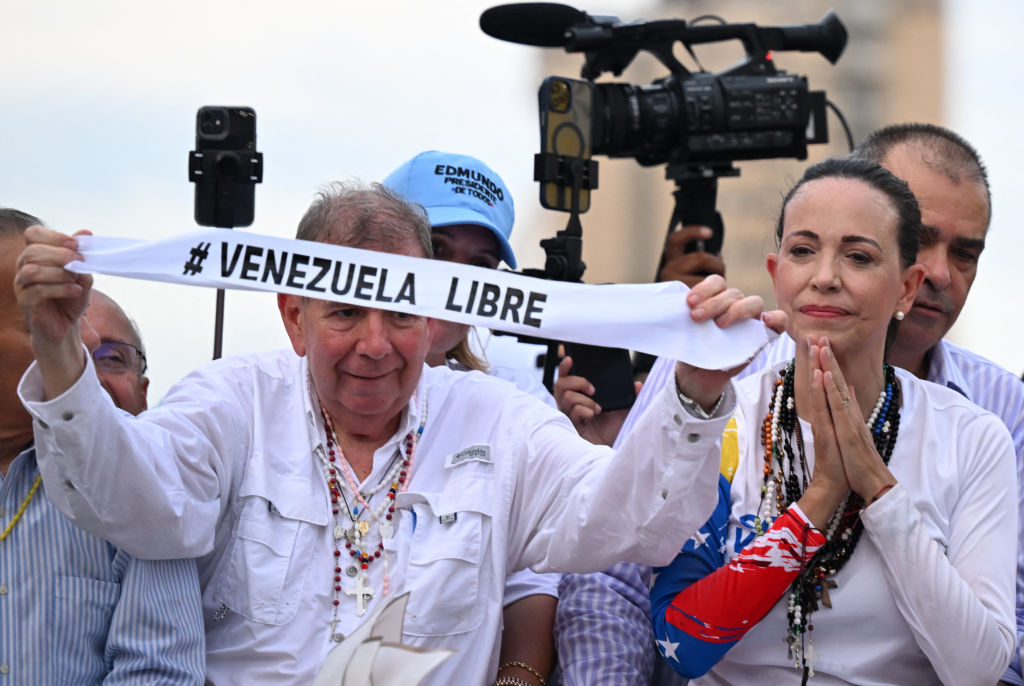Nicolás Maduro Claims Victory in Venezuelan Presidential Election Amid Controversy
President Nicolás Maduro has been declared the winner of Venezuela's presidential election, according to partial results released by the National Electoral Council (CNE). Elvis Amoroso, the head of the CNE and a close ally of Maduro, announced that with 80% of the votes counted, Maduro secured 51.20% of the vote, while his main opponent, Edmundo González, garnered 44.02%.
Opposition Alleges Fraud
The Venezuelan opposition has strongly disputed the results, alleging widespread fraud in the vote-counting process. The opposition, united behind González to challenge Maduro's 11-year rule, has vowed to contest the election outcome. In Caracas, Maduro addressed his supporters, celebrating what he called a "triumph of peace and stability," and praised Venezuela's electoral system as transparent. He dismissed the opposition's claims of fraud, stating they always cry fraud after elections.
International Reactions
The international response has been mixed. U.S. Secretary of State Antony Blinken expressed "serious concerns" over the election's legitimacy, suggesting that the results might not reflect the true will of the Venezuelan people. Conversely, Cuba, a close ally of Maduro, lauded the election outcome, declaring that "the people spoke and the Revolution won."
Election Day Challenges
The opposition had mobilized thousands of witnesses to oversee the voting process at polling stations nationwide, intending to validate their own count. However, many of these witnesses were reportedly forced to leave numerous polling stations. The opposition had also called on supporters to vigilantly monitor the vote-counting process, fearing potential manipulation in the critical post-voting hours.
Poll Predictions and Public Sentiment
Pre-election opinion polls had shown González with a significant lead over Maduro. Many Venezuelans desired change after 25 years of the socialist PSUV party's rule, initially under Hugo Chávez and subsequently under Maduro since 2013. The PSUV's dominance extends beyond the executive and legislative branches, influencing much of the judiciary.
Voting and Counting Procedures
Voting in Venezuela is conducted electronically. Voters select their preferred candidate on a machine, which then sends the electronic result to the CNE and prints a paper receipt for the ballot box. By law, party representatives are permitted to observe the counting of these paper receipts at each station, but many opposition witnesses were barred from doing so. The opposition claimed access to less than a third of these receipts, undermining their ability to verify the official results.
Looking Ahead
Despite the controversy, Maduro's camp remains confident in the legitimacy of the election. The opposition, however, continues to challenge the results, seeking international support and legal avenues to contest what they consider a flawed electoral process.



